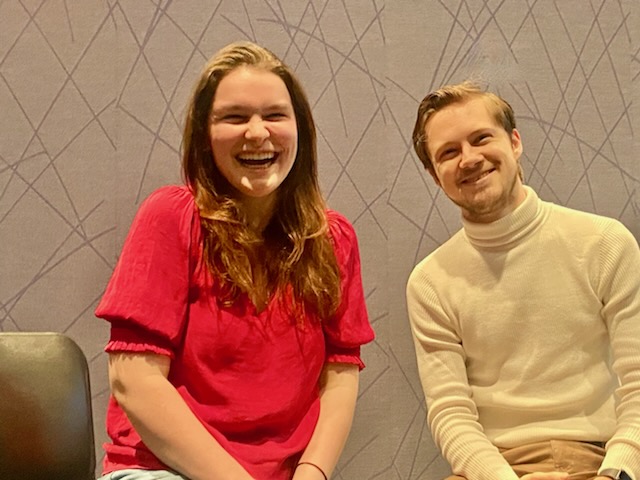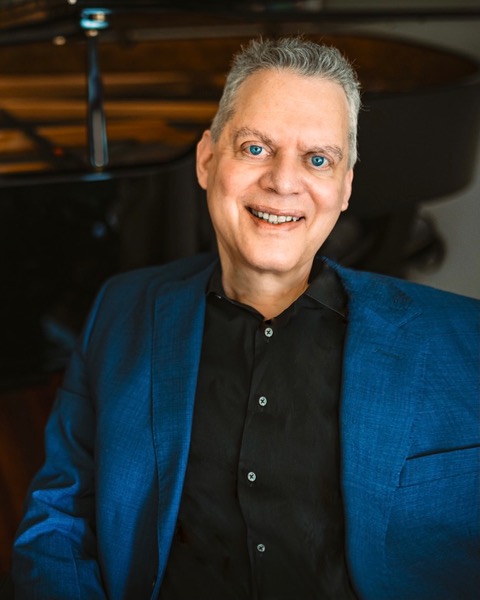I had been perfectly satisfied with the way Michael was delivering the song, and frankly thought Ned’s recordings dragged. Still, I thought to myself, “Keep your tenor happy,” (a rule of thumb in my business). We relaxed the tempo, and…the song emerged like Venus on the half-shell. Michael had just a little more time to bend the musical phrases and taste the consonants, and the sweet-and-sour complexity of the song filled the room. Lest you think everything is better slower, we tried a faster tempo for another song, Theodore Chanler’s mysterious “These, My Ophelia,” and all of a sudden the idea of the poem became clearer, the music more alluring, the magic twice as potent. A transformation.
With Sophia Baete, I used a very different approach. She was taking her Rorem and Bernstein songs so seriously that some of her natural expressivity was getting snagged in her desire to honor the material. So I made her sing Patsy Cline’s “Walking After Midnight” before we worked on Rorem’s ethereal, refined “Rain in Spring”—we’d had a big success with that tune last May in another show. After she belted out the country and western hit, we went back to Rorem. Bingo! “Rain in Spring” sounded fresh, spontaneous, ungimmicky.
On Thursday our guest coach arrived: baritone Andrew Garland, who sang a version of this program with us 10 years ago. I invited him to come east from his home in Boulder, Colorado, to mentor the Juilliard cast in the material he knows so deeply. It’s wonderful to have a singer on the premises—our students get to work with a lot of excellent pianist-coaches and stage directors, but it’s a special gift to have the insights of someone else who’s walked the walk and talked the talk. I occasionally balked at something that Andy suggested, and then watched (and listened) as his ideas produced startlingly good results—yet another path to the magic carpet. Working on a very delicate song (“Emily” by Marc Blitzstein) Andy asked tenor Jack Hicks to “go more operatic.” “I love the way you sing that high phrase, ‘You are my heart’s one cry,’” he said. “Can you keep that going throughout the song?” Oof, wrong approach for such an intimate piece, I thought, but OK, let’s see what happens. And what happened was that Jack released a load of energy he’d been bottling up, No longer imploding, he let the song into the room with freedom—and, as it turned out, even greater vulnerability.
I’ll check back in after Tuesday’s dress rehearsal.
PICTURED: soprano Kerrigan Bigelow and pianist Francesco Barfoed, essential parts of the team, somehow not mentioned in today’s blog. Stay tuned for their backstory.
Ned at 100: A Rorem Celebration will be performed at The Peter Jay Sharp Theater at The Juilliard School on Thursday, January 18, 7:30PM. Tickets and livestream available here.



0 Comments